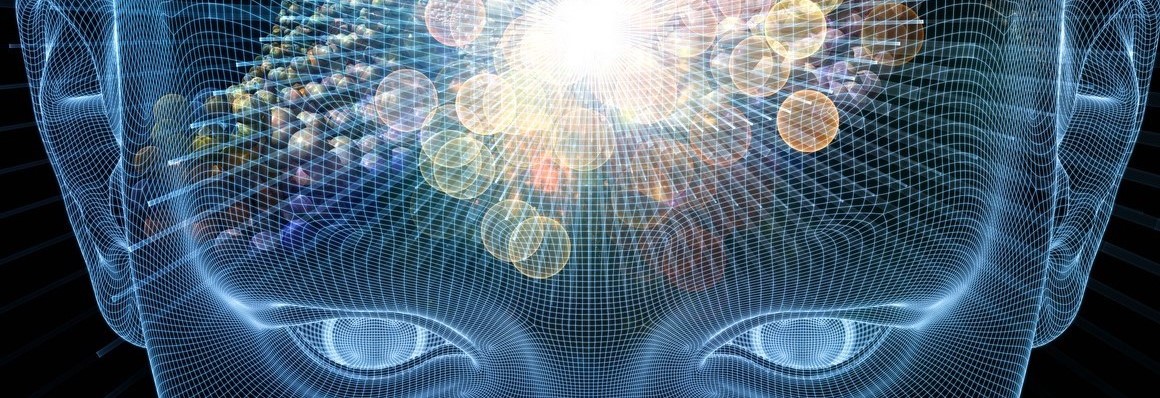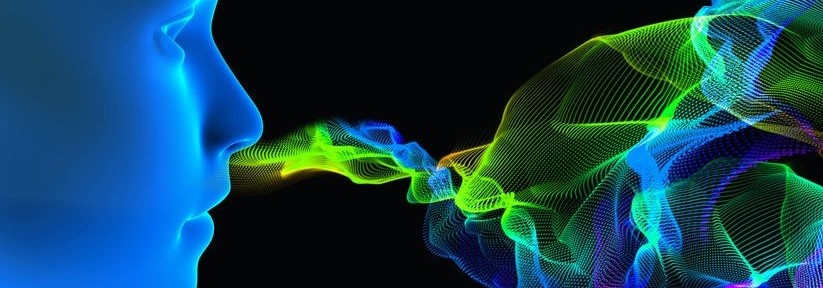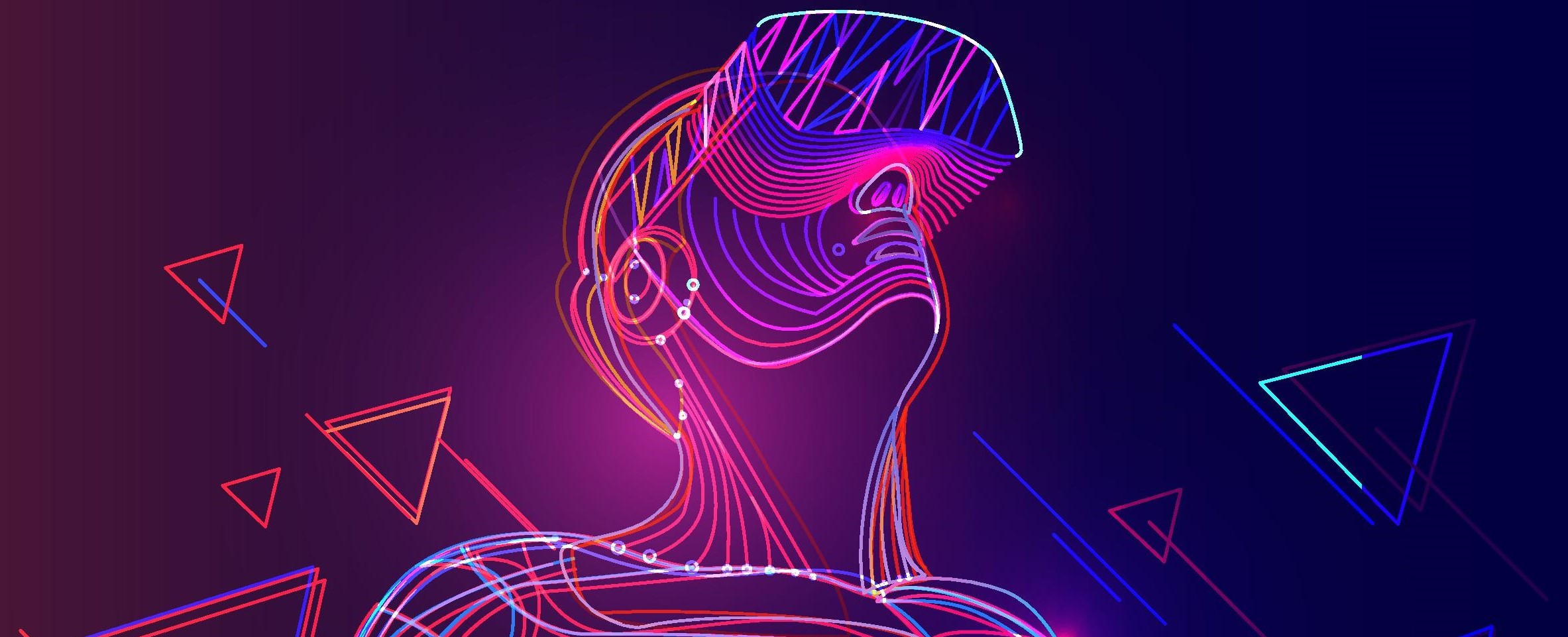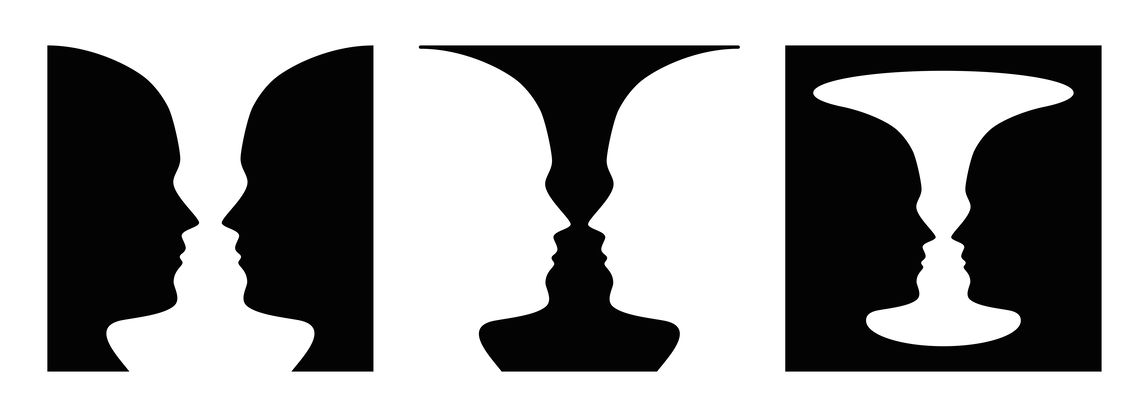
Real Psychophysics is an applied vision and olfactory science consultancy promoting the use of psychophysics techniques to address real world issues.



There are many challenges facing human society. Some impact on a global scale, while others directly affect communities or individuals. Whatever the scale, such challenges inevitably impact on human welfare and any progress has great potential benefit for our well being. Understanding the world and how we perceive it, can help in the identification of new avenues for science and technology research.
Psychophysics is the study of how humans perceive the world around them. Research science has identified a vast array of methods that can be used to accurately investigate human perception. At Real Psychophyscis we use this knowledge to address real world issues, both by developing our own products and by providing a consultancy service to our industrial and academic partners.
Alongside our expertise in a wide range of techniques, we specialise in combining visual and olfactory stimuli in virtual reality to study human perceptual responses to multisensory environments. Such environments can be designed to investigate a vast range of themes from the success of camouflage strategies to the impacts of virtual reality therapies.
More information on our consultancy services and development projects can be found at the links below.

What are they?
Multisensory virtual environments are a new and innovative method of perception research that incorporates stimuli for multiple different senses – vision, olfaction and audition – in virtual reality.
Why are they useful?
The real world is a complicated, messy place with many external factors that are difficult to control. Laboratories, on the other hand, are simple and easily controlled environments but with poor resemblance to the real world. Multisensory virtual environments are an excellent compromise between the two. They allow you to experiment with far more complicated and realistic environments than have previously been accessible in a laboratory setting, but at the same time still allow tight control over external factors that could otherwise confound the experiment.
Humans have evolved to experience the world through multiple senses meaning our brains are most effective when provided with a range of sensory stimuli. Multisensory virtual environments allow us to exploit our natural abilities and test human perception in situations that more closely mimic the world in which those abilities evolved. This is particularly relevant to applied research where advances are required, by definition, to be applicable in the real world.
What can we do with them?
The success of virtual reality environments depends on the realism or immersiveness experienced by the user. The more senses that are stimulated by the virtual environment, the greater the success at mimicking the real world. Until recently, multisensory virtual environments have lacked olfactory cues. Olfaction has long been considered the ‘emotional sense’, and it is now well established that smells can modulate mood, cognition and behaviour. The latest state-of-the-art olfactory virtual reality technology allows far greater control of scent presentation than ever before, meaning that smells can now be presented in an interactive manner within virtual environments.
Virtual environments provide the opportunity to create a vast range of different visual environments each with corresponding olfactory and auditory cues. Any environment can be created in virtual reality, including those affected by accessibility issues in the real world, and we can exploit these multisensory virtual environments to investigate how the human brain perceives the world around us.

Joanna completed her PhD in Visual Psychophysics and Camouflage Strategies at the University of Bristol and has since worked as a Senior Post-Doctoral Research Associate at both Cardiff University and the University of Bristol.
She has worked on a variety of psychophysics projects specialising in both olfaction and vision (including iridescence, military camouflage, dazzle, motion, and perception of robots).
Previous academic publications
With experience of both Research Council and industry funded projects she is well placed to understand the value of good science and the important role it can play outside the world of academia. Joanna's continuing links with the science community allow her to stay up to date with the latest research and technological developments.
Steve has over 40 years of experience working in the computing industry as a programmer, designer, analyst and technical consultant. He has worked with a variety of machines, in a number of different environments, using over a dozen programming languages. These include assemblers, scientific languages, commercial languages, the use of databases and data warehouses, object oriented languages and diagrammatic languages. This extensive and in-depth experience gives him the versatility to be able to turn his hand to any application and to identify well-engineered, simple solutions.

We welcome enquries about any and all research questions based around human perception and will always be happy to discuss your potential projects.
We look forward to talking with you